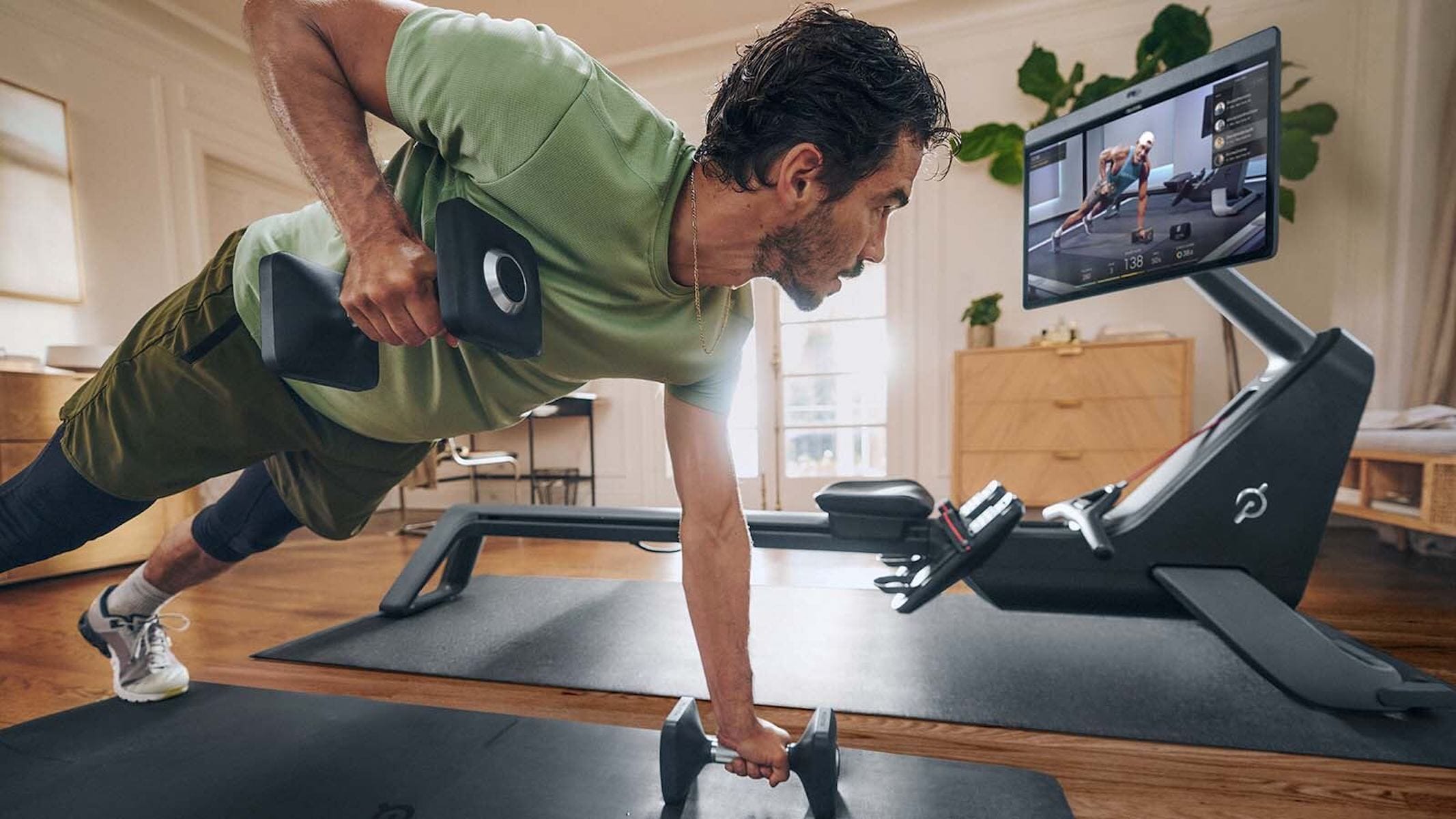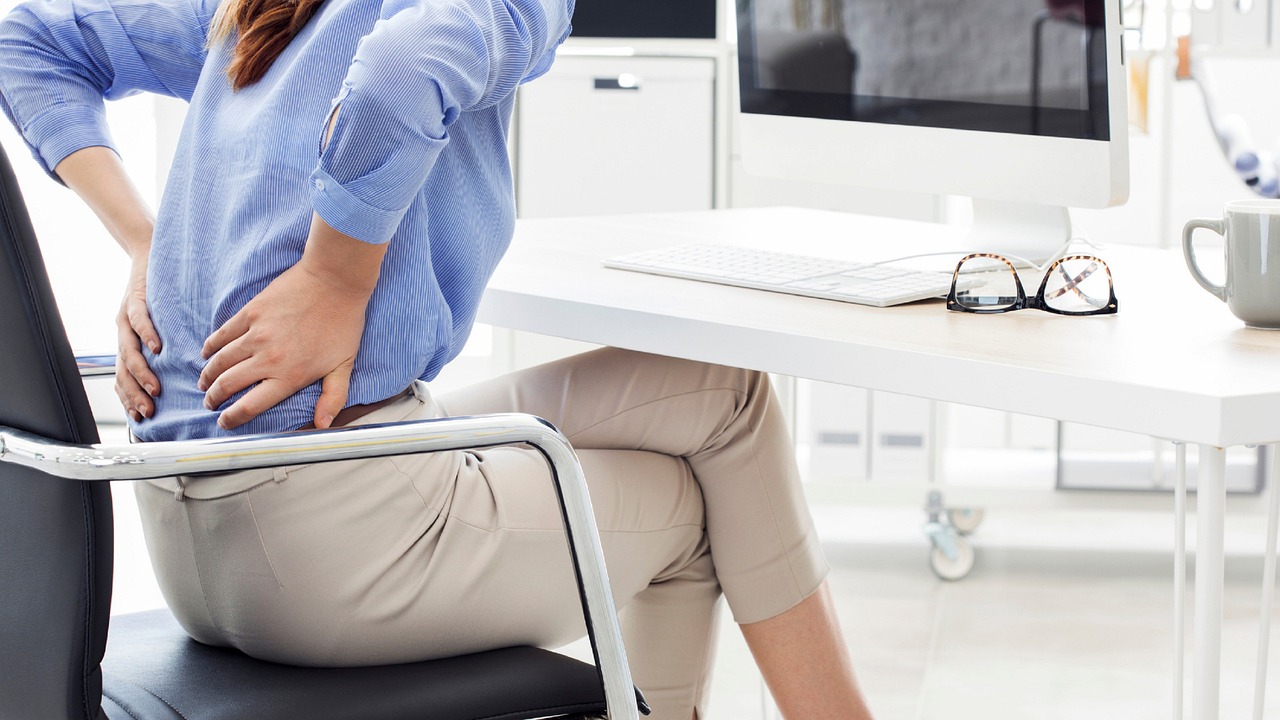Although the connection between posture and various types of pain is not clear, posture may play a role in our well-being through other factors. Maybe you’ve come across the research-based second most viewed ted talk video of all time. Researchers postulated that using these postures makes us feel more powerful, more empowered, and generally makes us more successful. However, subsequent studies have not been able to replicate these research results.
The connection between posture and depression has been studied to some extent and it would seem that there is a connection between stooped posture and the severity of depression. A stooped posture may prevent positive and strengthen negative thoughts, and correspondingly, correcting the posture may increase positive emotions, reduce fatigue, and reduce the observation of one’s own feelings and the situation in those suffering from mild or moderate depressive symptoms. No definitive conclusions can be drawn from these studies yet, but it would seem that postures have an effect in terms of psychological factors, at least in some cases. An interesting discussion is also whether it’s the chicken or the egg – whether bad posture is, for example, a consequence of a depressed mood or a factor that precedes it.
When we sit, instead of the posture, the tension level of the body muscles seems to be the factor that, in a longer exposure, is connected to the manifestation of lower back pain. Therefore, no particular sitting position can automatically be considered bad. Short (20 min) sitting in a slouched position has not been shown to have adverse effects on the function of the spine, and it would even seem to be beneficial, as it restores the fluid content of the disc. So it would seem that it is more important to sit relaxed and change your position from time to time than to sit in the same position, in a good posture with tension. So, sitting in a chair is OK from time to time, if it feels good for your back.
Even though forward-bent positions for using mobile devices increase the load on the neck structures, it does not automatically mean that the problems that may be related to their use depend solely on the position. The use of mobile devices is often associated with other factors that affect pain problems, such as a decrease in physical activity and sleep disturbances or shorter sleep time.
So posture is never a problem? Of course it is, if, for example, you spend a lot of time in the same position – but then it’s not necessarily a posture problem, but rather the feeling of discomfort and lack of movement brought by a static position. On the other hand, no matter how good our posture is, it does not mean pain-free, especially if we are constantly in this same position together. So posture does not seem to have a clear connection with pain, but it does have a connection with age, naturally as we get older, posture often sags and deteriorates.




